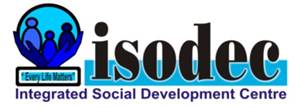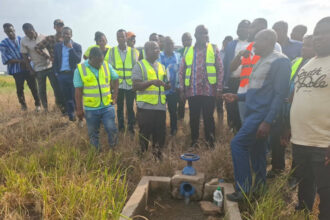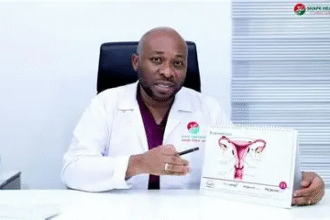Government’s commitment towards empowering women economically to overcome the “feminization of poverty” through ensuring equitable access to land, credit, markets and social protection, including property rights she added.
Speaking at the event, the Minister for Gender, Children and Social Protection, Madam Otiko Afisa Djaba said government was working tirelessly on the Affirmative Action legislation, which aims at facilitating a minimum of 40 per cent representation for women in all decision-making structures.
To help break barriers to gender equality in Africa, there is the need for better coordination among regional and continental institutions, accompanied by strong accountability mechanisms to ensure that commitments to women’s empowerment and gender equality are met she noted.
“Let us strive to break all barriers that hinder the promotion, protection and empowerment of women and girls as we move steadily towards the struggle for greater heights.’’
Hon. Otiko said, the way to move the gender agenda forward was to strengthen national statistical offices to collect disaggregated data, and establish an easily-accessible repository of tools and guidelines on gender mainstreaming, along with a regional observatory on gender equality to track progress.
She said the Livelihood Empowerment Against Poverty (LEAP) cash transfer programme had since its inception provided bi-monthly cash grants to over 943,842 extremely poor individuals in Ghana as at the end of 2016.
She added that, out of 943,842, 56 per cent were women, and that the cash transfer was expected to reduce poverty among the poorest in communities and improve their consumption while creating more opportunities for their economic growth.
Women in Ghana are the most disadvantaged in terms of economic, social and political opportunities, in spite of constituting 51% of the population.
Currently Ghana has only 35 (12.7%) women parliamentarians in a 275 legislature which is woefully below the minimum United Nations recommended threshold of 30 per cent requirement.
The theme, Mainstreaming Gender in Regional Economic Communities in Africa: Documenting Existing Models for Accelerating Achievement of the Sustainable Development Goals (SDGs) and the African Union’s Agenda 2063 was organised by the Africa Union Commission (AUC) and the United Nations Development Programme (UNDP).
The Country Director for UNDP Ghana, Dominic Sam noted that the current situation across Africa is depicted by discrimination against women and girls which are prevailing in politics, economics and social life.
He said that, on this continent, gender inequality is still particularly high and requires strong efforts to stop the ongoing exclusion of women from economic growth and political participation.
When more women are involved in politics and leadership positions, women’s rights, priorities, needs and interests are less likely to be ignored.
“Collectively we have adopted a number of strategies and approaches to fight gender inequality. Gender mainstreaming is one of them. We acknowledge islands of excellences and successful gains have been achieved in gender equality as a result of gender mainstreaming in development policies and programs and also gender specific interventions aiming at building women and girls’ capacities. However, to-date, the degree of institutionalization of gender mainstreaming is adjudged to be low. No wonder the persistent gender inequalities still hurting the economic and social transformation of the African continent,” he stated.
There is the need to break down harmful social norms and cultural barriers that have a particularly serious impact on women and their families Mr Sam noted.














